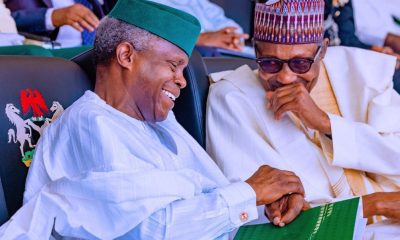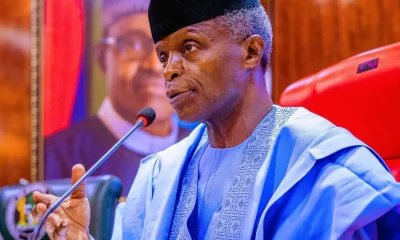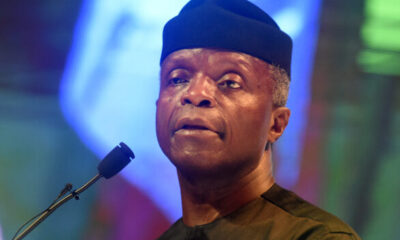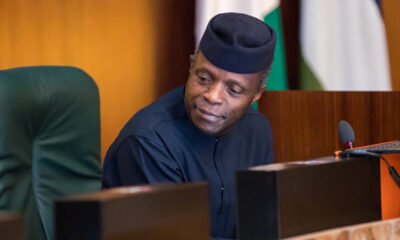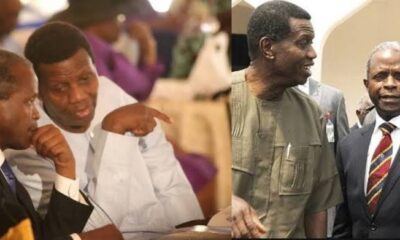NEWS
Why public commentators’ economic assertions are baseless – Osinbajo
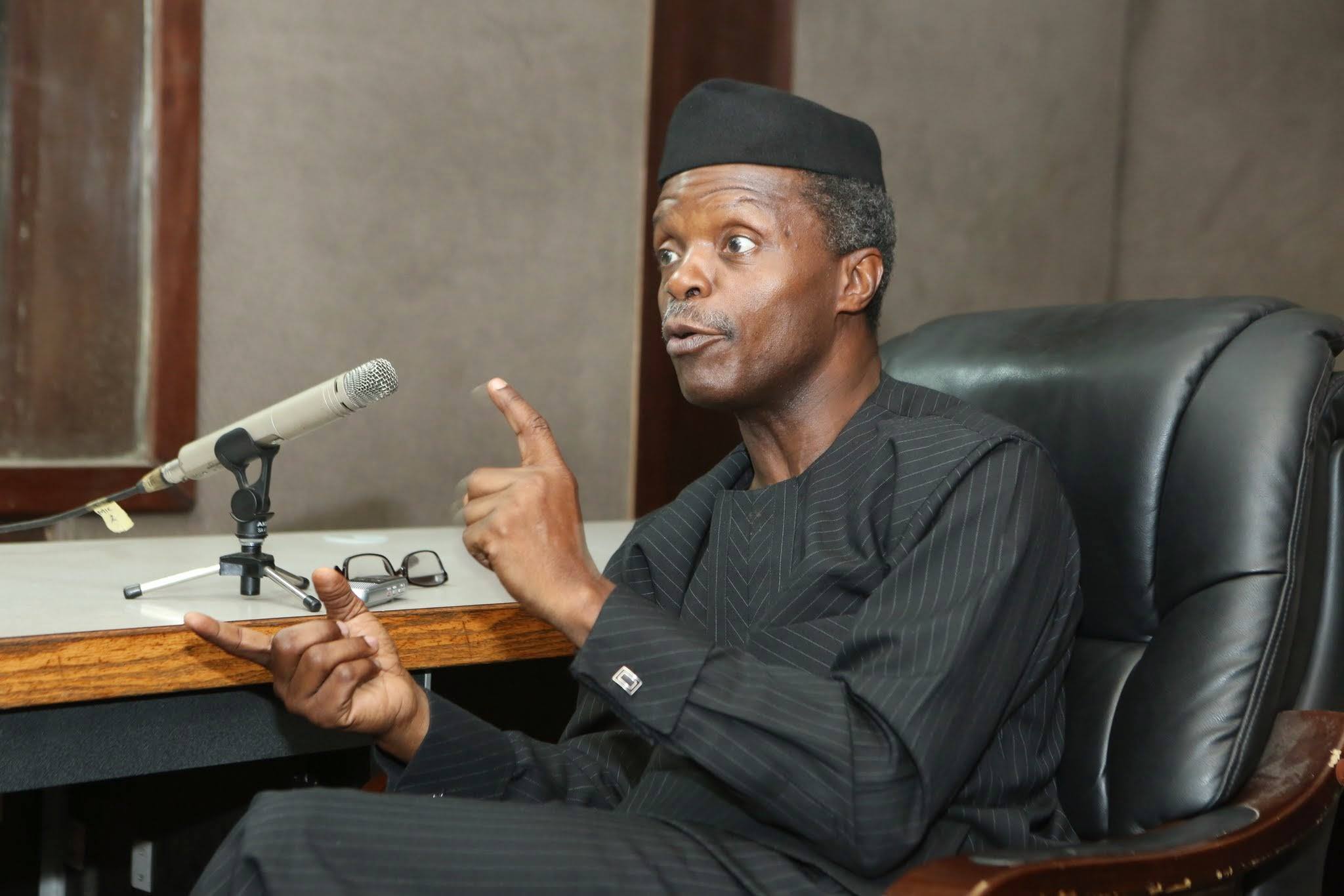
On Friday, Nigeria’s Vice-President Yemi Osinbajo regretted that some public commentators make baseless assertions on the economy, TopNaija reports.
He therefore stressed the need for academics to be more involved in conversations that would deepen public knowledge and understanding of the economy.
According to a statement by his spokesman, Laolu Akande, the Vice President spoke in his keynote address at the 61st annual conference of the Nigerian Economic Society with the theme “African Continental Free Trade Area in post COVID-19 era: What next for Nigeria?”
Akande’s statement was titled “Africa should use AfCFTA as template for trade negotiations with rest of the world, says Osinbajo.”
He quoted Osinbajo as calling on members of NES to be more engaged in public policy debates.
He said, “I find very often that some public commentators make assertions that have no basis in economic theory or practice, and because they dominate the public space, they contribute to public misunderstanding of economic principles and their application to public policy.
“Some of you should take up the gauntlet and help to shape an informed and reasoned national discourse on the economy.”
Osinbajo noted that as African countries braced for the implementation of AfCFTA agreement, efforts must be made to ensure that trade negotiations with the rest of the world were based on the free trade agreement rather than deals separately endorsed by regional economic blocs.
This, he said, was one of the ways by which the continent could maximise the benefits of the agreement.
He said, “One important objective of the AfCFTA is to overcome the economic fragmentation of the continent by bringing the regional economic blocs together in a common arrangement.
“This being the case, African countries should look to negotiating trade treaties with other parts of the world on the basis of AfCFTA rather than through arbitrarily designed regional blocs.
“African countries should not allow themselves to be lured into arrangements which do not serve their long-term development objectives.
“We must, of course, continue to bear in mind, especially here in Nigeria that the AfCFTA is not a magic wand that automatically brings about growth and prosperity.
“The reality is that if care is not taken, trade liberalisation can expose the Nigerian economy to unfair competition and sharp trade practices, with adverse consequences for our producers who might have to close down their businesses, and for our workers who would then lose their jobs.”

